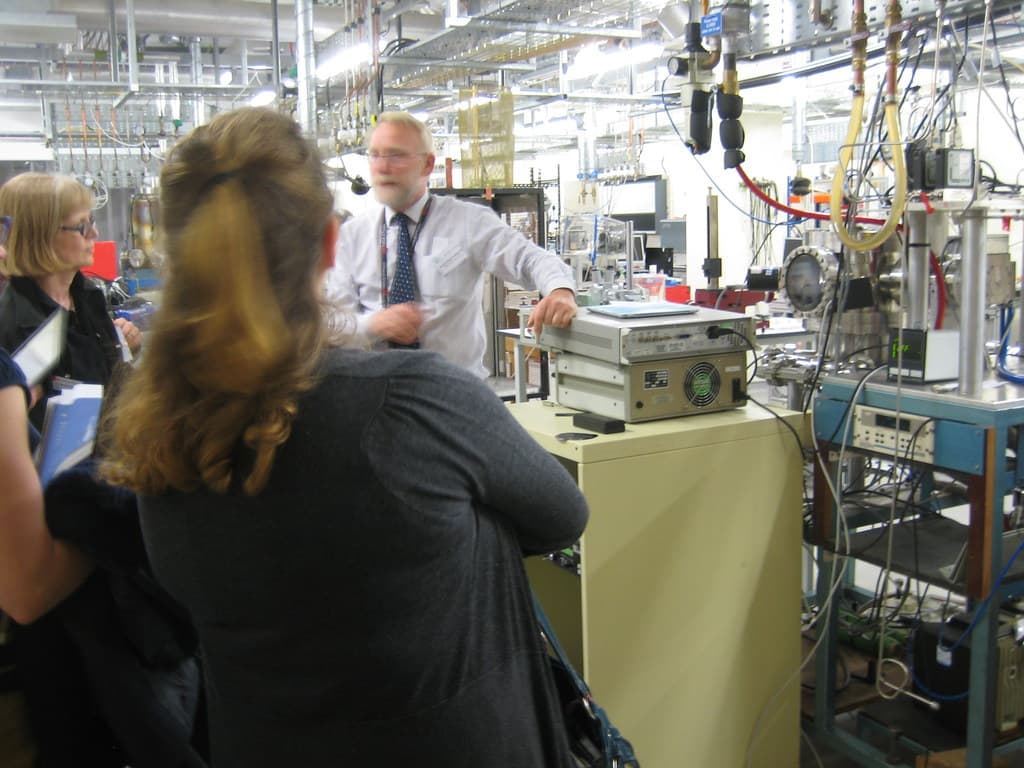Engineering Physics: Where Boundaries Blur
Dive into Engineering Physics, an interdisciplinary field where cutting-edge physics meets practical engineering to solve complex, real-world problems.

Learn about the specialty of Engineering Physics!
Are you interested in Engineering and Engineering Physics jobs? Then specializing in a career in Engineering Physics might interest you.
What it takes to work in
Bachelor's degree in Engineering Physics or Applied Physics
Master's or PhD for research and specialized roles in emerging technologies and innovation
Language requirements for the Engineering Physics domain
English: Essential for international collaboration, research publications, and technical documentation
Other languages beneficial depending on the geographical area of work or research
Skills required to work in Engineering Physics
- Strong foundation in both theoretical physics and engineering principles
- Proficiency in mathematical modeling and simulation
- Skills in experimental design and data analysis
- Innovative thinking for technology development and problem-solving
- Adaptability to work across various engineering disciplines
Career Path
Robust opportunities in research, development, and innovation across high-tech industries such as aerospace, nanotechnology, renewable energy, and quantum computing
Growing demand for experts who can bridge the gap between advanced physics and practical engineering solutions
Work Environment
Research institutes, high-tech companies, and academic settings
Collaborative teams that include physicists, engineers, and other scientists
Dynamic projects that range from theoretical work to applied technology development
Top Universities & Colleges specializing in Engineering Physics
- Massachusetts Institute of Technology (MIT), USA
- Stanford University, USA
- ETH Zurich, Switzerland
- University of Cambridge, UK
- California Institute of Technology (Caltech), USA
Salary Expectations
Entry-level positions start from $70,000 to $90,000, with significant potential for growth in cutting-edge research areas and advanced technological development.
Engineering Physics Industry Associations
Engineering Physics stands at the crossroads of innovation, pushing the boundaries of what's possible by applying the principles of physics to solve complex engineering challenges.
This field attracts those who are not just fascinated by the mysteries of the universe but are driven to apply that knowledge in creating breakthrough technologies.
- American Physical Society (APS) - https://www.aps.org
- Institute of Electrical and Electronics Engineers (IEEE) - https://www.ieee.org
Considering a career in Engineering Physics? Here's a run down!
Imagine playing a part in the next big leap in technology, from developing superconducting materials to pioneering quantum computers. Engineering Physics is for those who dare to explore the unknown and apply it to design the future.
This field is ideal for curious minds passionate about using the laws of physics to drive progress and create solutions that once seemed like science fiction.





